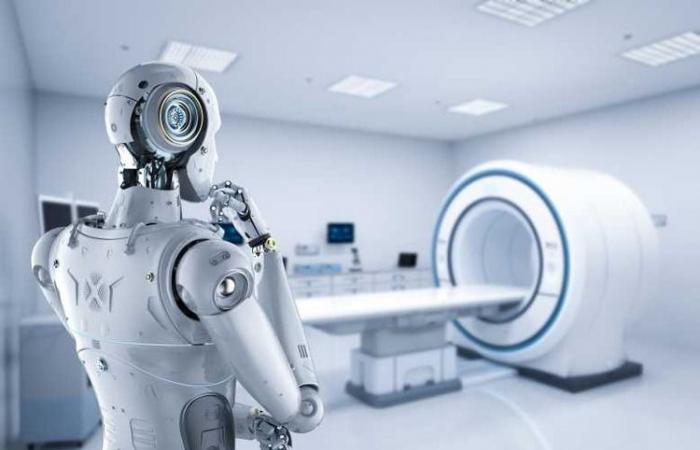L’artificial intelligence (AI) is revolutionizing many fields, and medicine is no exception. Researchers from the University of Manchester and Christie Cancer Hospital, funded by Cancer Research UKuse AI to simulate clinical trials on virtual patients suffering from cancer. Could this advance mark the end of clinical trials on humans?
Virtual patients for faster, safer trials
The objective of this project, with a budget of £5.9 millionis to improve the treatment of cancer by testing the effectiveness of radiotherapy treatments on groups of virtual “patients”. These are created from real data of patients, thus making it possible to simulate clinical trials in a manner faster, safer and less expensive than traditional large-scale studies.
Professor Rob Bristow, who heads the project, highlights the importance of this approach for speed up the search and optimize treatments. AI makes it possible to analyze massive data and simulate complex scenarioswhich is impossible with traditional clinical trials.
AI at the service of radiotherapy
The radiotherapywhich uses X-rays to destroy cancer cells, is a crucial treatment for many cancer patients. In the northwest of England only, approximately 44,000 people are diagnosed with cancer every year, and many of them will benefit from radiotherapy.
The Manchester team focuses on studying the genetic and specific tumors to each virtual patient. In particular, they compare a new form of proton beam therapy with standard radiotherapy for patients with lung cancer. This project is part of a National Network of sept centres d’excellence set up by Cancer Research UK to accelerate progress in radiotherapy research. The objective is to share knowledge and resources in order to develop more effective and personalized treatments.
Testimonials that inspire
Martin Storey, a patient cured of lung cancer thanks to radiotherapy and a clinical trial, is delighted with this progress. He emphasizes the importance of research and sees AI as a valuable tool for improving the effectiveness of treatments and save lives.
The use of virtual patients opens promising perspectives for medical research. While this technology will not completely replace clinical trials on humans, it will make it possible to complete and to accelerate. AI can help identify most promising treatmentshas reduce risks for patients and personalize care.
Health






